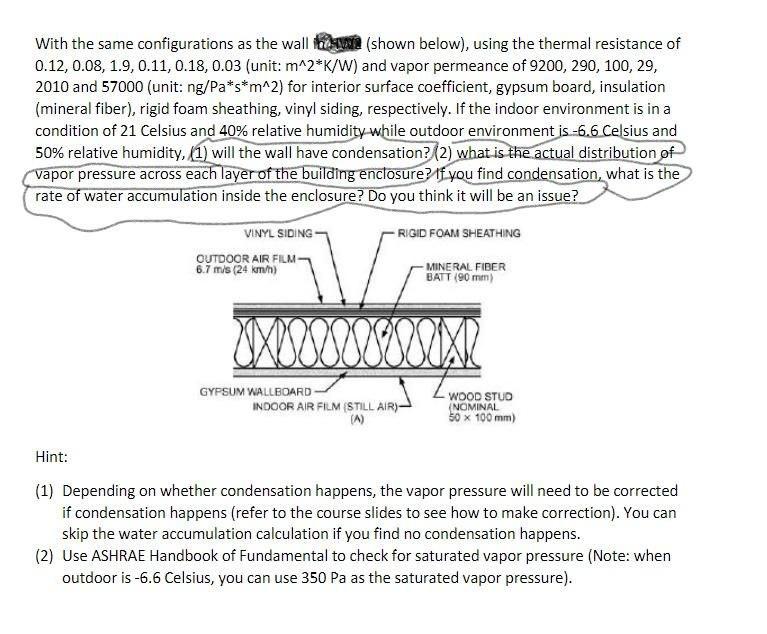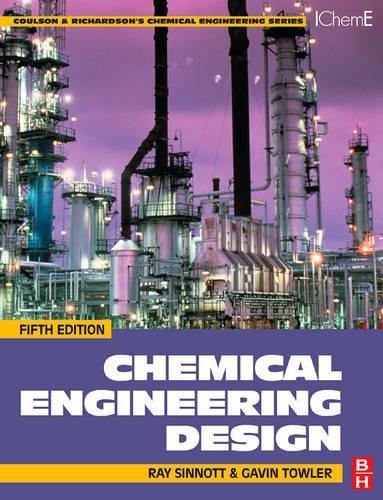Answered step by step
Verified Expert Solution
Question
1 Approved Answer
Don't copy With the same configurations as the wall AWB (shown below), using the thermal resistance of 0.12, 0.08, 1.9, 0.11,0.18, 0.03 (unit: m^2*K/W) and
 Don't copy
Don't copy
Step by Step Solution
There are 3 Steps involved in it
Step: 1

Get Instant Access to Expert-Tailored Solutions
See step-by-step solutions with expert insights and AI powered tools for academic success
Step: 2

Step: 3

Ace Your Homework with AI
Get the answers you need in no time with our AI-driven, step-by-step assistance
Get Started


